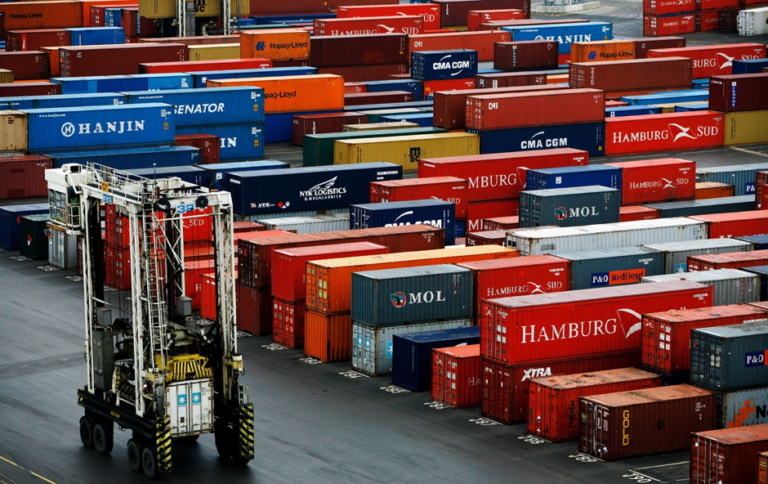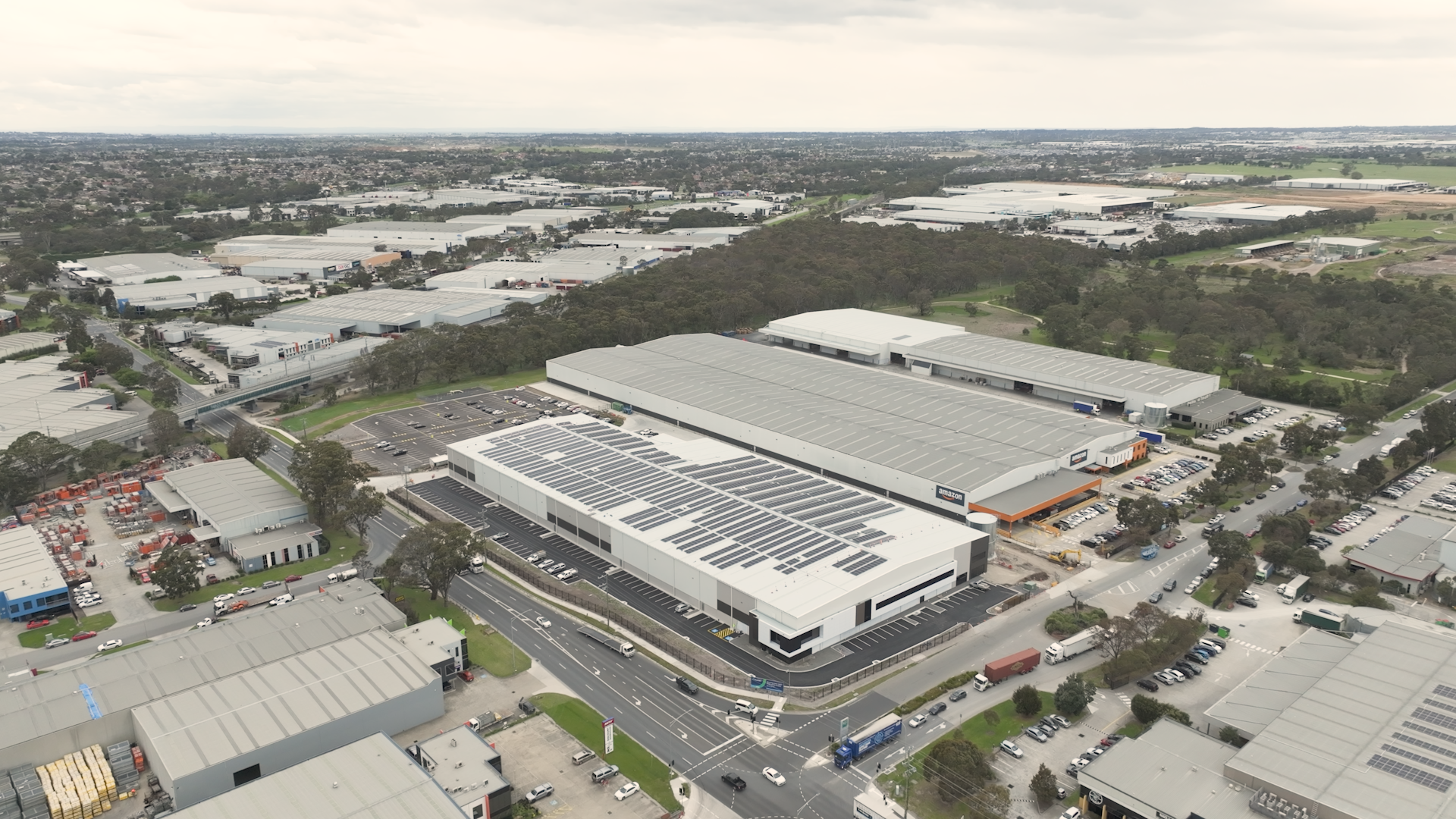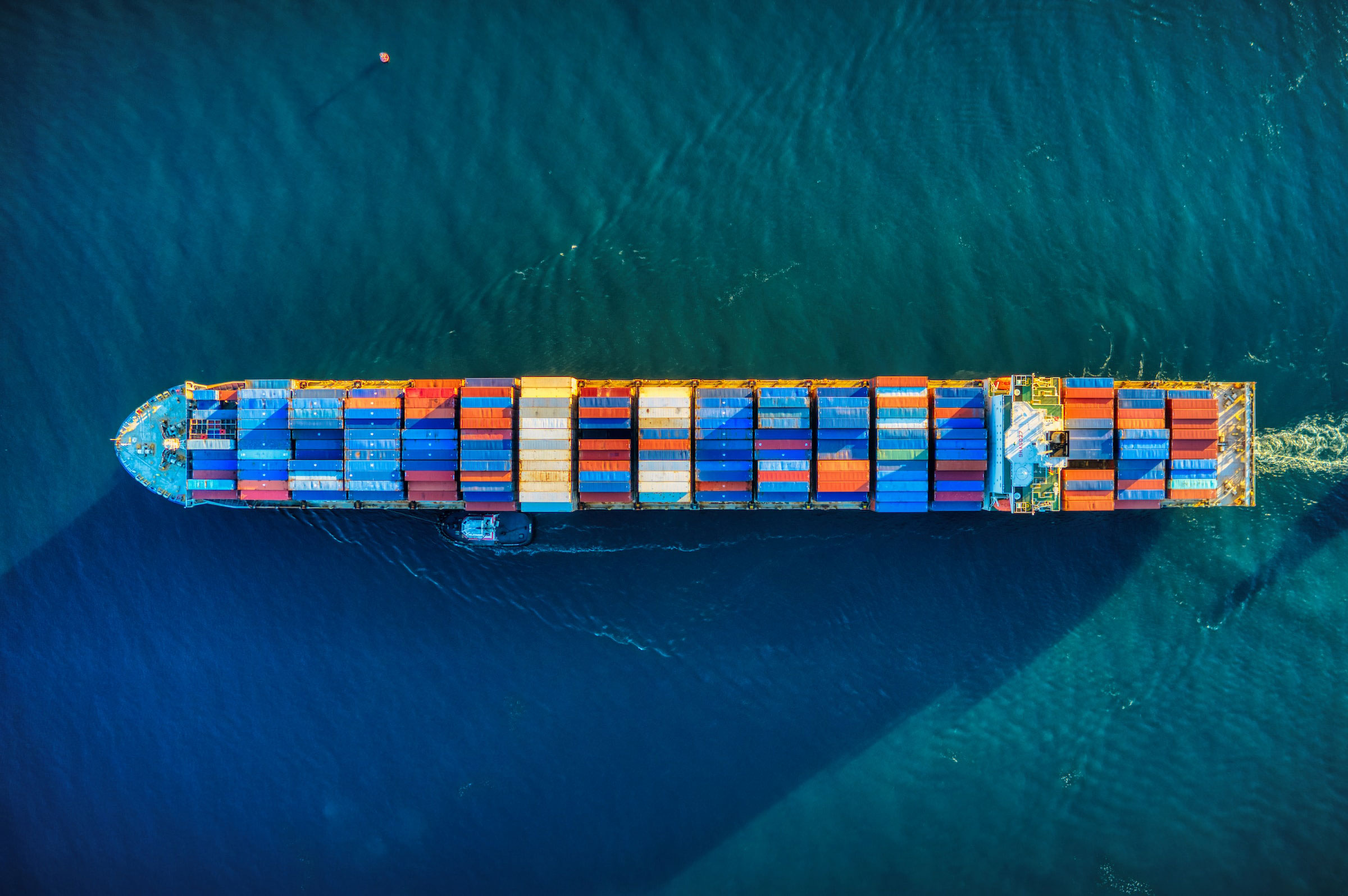In the complex world of commodities trade, working through the logistics of transport can be confusing at best, and overwhelming at worst. Making the right logistics choice is critical – as transport is one of the most significant costs and can impose a significant risk, making the correct, decision directly affects goes straight to the bottom line. In several cases it can mean the difference between profit and loss.
As a small exporter where do you start? There are two choices available – deal directly with the primary freight companies involved, or use an Intermediary Trading Company or a Freight Forwarder to facilitate the movement of your precious goods to market.
There are not many small businesses that have the capacity or resources to negotiate competitive rates for product and freight; or employ staff with the expert administrative skills, or necessary experience required to arrange Trade protections such as Customer Insurance Cover, Letters of Credit and/or freight insurance. Considering the burdens of ensuring your products are moved safely through the various parties involved, from the point of production to arrival in the final market, the administrative challenges are enormous. On top of this you have added complexities and nuances of freight fluctuations which are affected by bunker fuel costs, seasonality, competing commodities and market location, to name just a few variables, and the challenge for a producer or small trader, is significant. There are other added complicated issues, so that your goods can clear International Customs and get delivered to your customer; to name a fewr
- “Market Access” – Are your products allowed to be shipped to a specific country?
- Do your goods require an Import Permit for any given Destination?
- Are you fully aware of the Document Requirements?
- Are there any specific Labelling Requirements?







